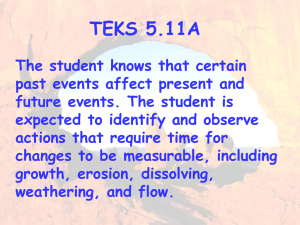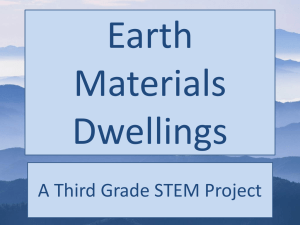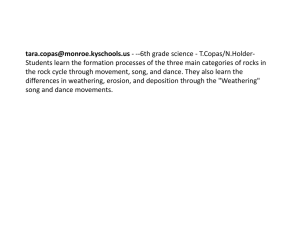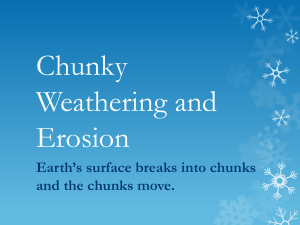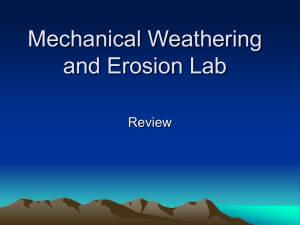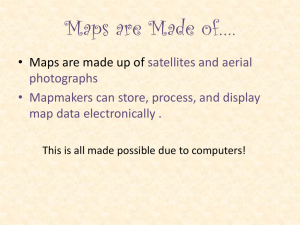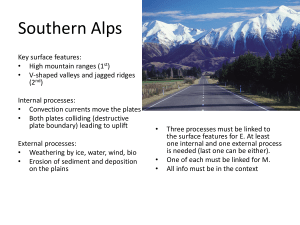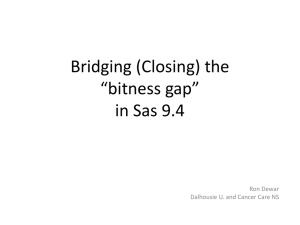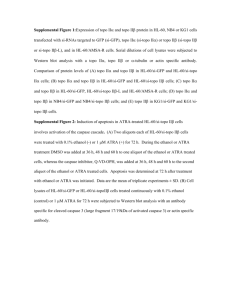To the teacher
advertisement
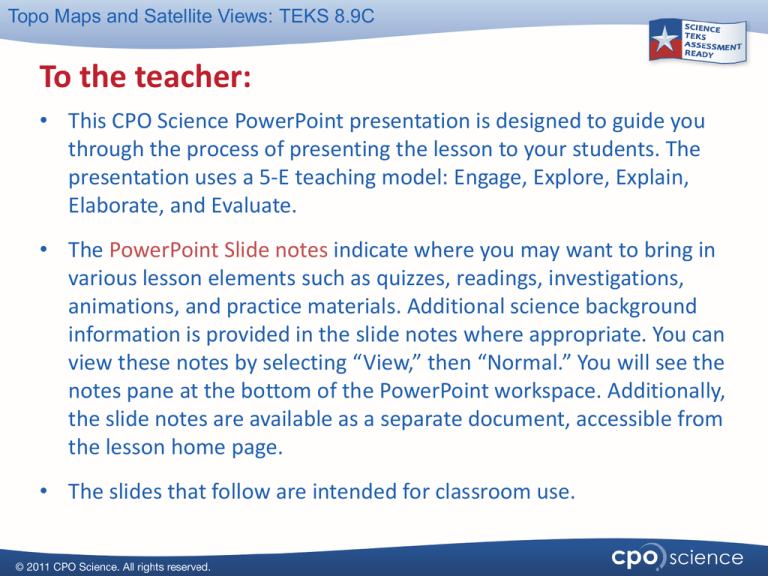
Topo Maps and Satellite Views: TEKS 8.9C To the teacher: • This CPO Science PowerPoint presentation is designed to guide you through the process of presenting the lesson to your students. The presentation uses a 5-E teaching model: Engage, Explore, Explain, Elaborate, and Evaluate. • The PowerPoint Slide notes indicate where you may want to bring in various lesson elements such as quizzes, readings, investigations, animations, and practice materials. Additional science background information is provided in the slide notes where appropriate. You can view these notes by selecting “View,” then “Normal.” You will see the notes pane at the bottom of the PowerPoint workspace. Additionally, the slide notes are available as a separate document, accessible from the lesson home page. • The slides that follow are intended for classroom use. Topo Maps and Satellite Views: TEKS 8.9C Maps and views of Earth • Topographic or “topo” maps and satellite views of Earth are ways to see and study Earth’s surface features. • Carve a potato into “Spud Mountain” as shown here. Photograph the potato from above and then create a topo map of it. Compare and contrast the “satellite view” and topo map of Spud Mountain. Topo Maps and Satellite Views: TEKS 8.9C Time to investigate! • Complete the lesson investigation: – Topographic Mapping Topo Maps and Satellite Views: TEKS 8.9C Erosion and Weathering • Erosion is the process of moving sediment by wind, water, ice, or gravity. • Weathering is the process of breaking down rock and minerals. Weathering is caused by the Sun’s energy, wind, running water, ice, chemical reactions, and the actions of organisms. • You created a topo map of a model land surface. Imagine that the mountain in the model is a volcano. Predict how it will it be affected by erosion and weathering over the next 1 million years. What erosional features will you see? How might weathering reshape these? Topo Maps and Satellite Views: TEKS 8.9C Did your prediction look like this? • Ship Rock in New Mexico is an ancient volcano. All that remains today is a volcanic neck. A volcanic neck is solid magma that was in the main vent. • Weathering has broken down the rock and erosion has removed most of the sediment surrounding the neck for more than 20 million years. • What would a topo map and a satellite view of this land feature look like? Sketch your answer. Topo Maps and Satellite Views: TEKS 8.9C Time for Practice! • Complete the lesson practice activity - Topographic Maps • Find a satellite view of Ship Rock on the Internet. Does it look the way you thought it would? Which features seem to be evidence of erosion? Which features seem to be evidence of weathering? Topo Maps and Satellite Views: TEKS 8.9C Show what you know! • Try the lesson’s interactive quiz, or complete a quiz that your teacher can print out for you. • Hint: – You might want to review your lesson reading piece one more time before trying the quiz.
